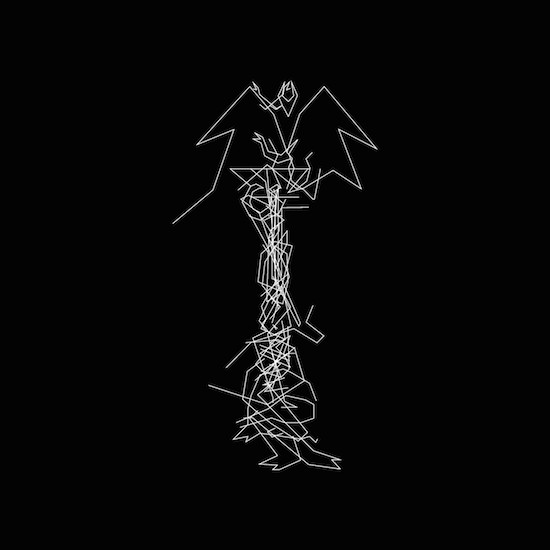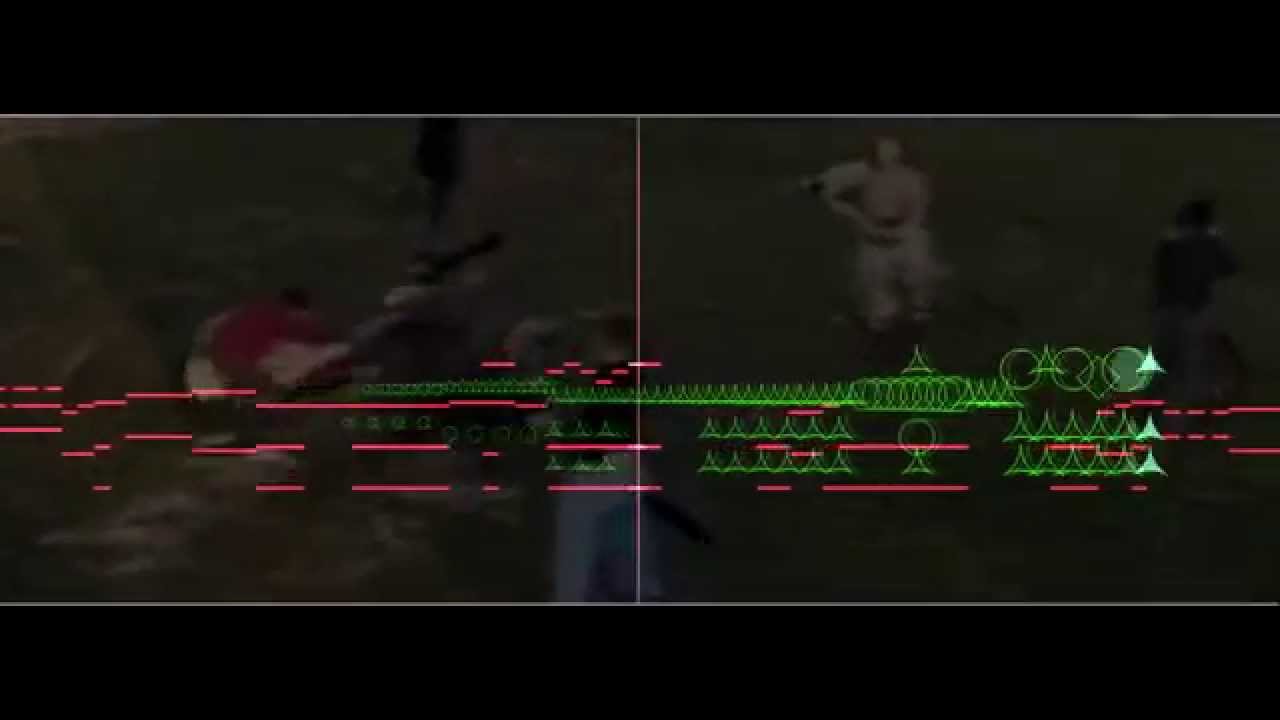There is a particular cycle of mistaken identity films produced in Hollywood during the 1980s and 90s that portray a protagonist not bumbling and stammering through embodying his alter ego, but rather revolutionising some enterprise with enthusiasm and a fresh perspective. It’s evidence of a unique sort of fantasy – an instance of a specific and extra-sexual masculine wish fulfillment under late capitalism.
Consider Big, the 1988 film starring Tom Hanks as a 12-year-old boy-inside-a-man who becomes a maverick product developer for a major toy company. Or Opportunity Knocks from 1990, with Dana Carvey as a wisecracking grifter who infiltrates the corporate world of bathroom fixtures, inadvertently inventing advertising on the backs of bathroom stall doors. Or Crazy People, the 1990 Dudley Moore vehicle in which Moore plays a burnt out advertising executive who gets committed to a psychiatric facility, only to discover that his fellow mental patients can engineer all the slogans he’ll ever need.
Daniel Lopatin, otherwise known as Oneohtrix Point Never, is currently having his Hanks moment. In under a decade, 0PN has gone from uploading "Echo Jams" to YouTube to touring in support of Soundgarden and Nine Inch Nails. And this month he releases his second LP on Warp Records. For a man with admittedly limited traditional musical skill, and originating neither from the British IDM nor American industrial/alternative scenes, he could appear to be playing with warped cards, pun intended. It’s no wonder that there may be some sentiment floating about that Lopatin fell ass-backwards into his current circumstances – that he’s somehow conning fans, record labels, festival curators, the music press and his peers into making him out to be more than he is.
There are two motives behind this: one is technological, the other cultural. Since automatic player pianos—arguably the first "prosumer" instrument—began entering bourgeois homes in the early 1900s, domestic music-making by those with no knowledge of how to play an instrument has become increasingly ubiquitous, normalised. It subsequently became common to think of those who made music with the aid of technology as lacking in talent – more ‘-sumer’ than ‘pro’.
Innovations such as electronic organs, synthesisers, sequencers, samplers and computers have all carried this conversation into our present time. Still, MIDI, or the musical instrument digital interface is the most important technology to scrap skill from the requirements for music production in the past thirty years.
MIDI is not an instrument, but it makes various instruments compatible with one another: it is a standard interface like USB, and also a standard file format like PDFs or MP3s. Although it’s a crude analogy, standard MIDI files are most often compared to interchangeable player piano scrolls which function as a sort of punch card: as the scroll feeds through the machine, the piano performs the corresponding notes. Lopatin’s recent circulation of his own MIDI files is a post-modern take on the player piano scroll, with fans encouraged to not simply remix but reproduce and play along with the compositions. Both MIDI and player pianos muddy the boundaries between music production and technological consumption, and lead us to the second and cultural account for Lopatin’s ascent.
While making music in the era before player pianos, electric organs and MIDI was construed as laborious, involving many years of hard work, training and practice, it has since been recast as a leisure activity. Early adverts for musical automata touted their ease and simplicity; one of my personal favourites depicts a sweater-vested man seated in front of a player piano, puffing away on a pipe. The copy reads, "Pianola — helps Dad relax". In more recent times, we might recall Matthew Broderick playing Strauss’ Blue Danube with cough and vomit noises on a MIDI-enabled E-mu Emulator in Ferris Bueller’s Day Off. With traditional musical instrument mastery removed from the equation, musicianship transformed from legitimate work into something done in one’s spare time.
Still, the late capitalist narrative, the one so articulately advanced by the aforementioned mistaken identity film cycle, wants us to believe that leisure activities can be parlayed into fame and success. Anyone can make a fortune out of playing with toys. No experience necessary. And Lopatin has done this.
Or has he?
Since 2007, eight albums, eight EPs, two film scores, three compilation albums, a mixtape, a split 7" and who knows how many Echo Jams have come out under the 0PN moniker, making Lopatin among the most productive artists of the past decade. So much so that a kind of microscene has formed in his midst, stimulated again by technology and culture. Calling Lopatin a producer – and his compositions products – is an understatement. His work is both a product in the context of being something intended for consumption, as well as a cultural product of its own historical moment.
Writing on the Austin indie music scene of the 1990s, the music scholar Barry Shank broadly defined cultural scenes as "overproductive signifying communities." This is a useful description for what’s happening around 0PN, whether organically or cultivated. Overproductive means that a lot of stuff is being produced, more than can be reasonably parsed or catalogued. Signifying gives a sense that these products point to, recall or revise something in the real world. And communities speak to the degree that the scene’s participants are linked together by their geography and/or cultural practices. The scene surrounding Lopatin is a fertile one.
The entire marketing campaign around this record – the video clips, the fake tribute band, the MIDI file release &c – has slipped into another order beyond the paratextual. These are not merely things that are meant to promote, endorse or shape the way we conceive of the album; they are extensions of the album itself, blurring the lines between what counts as the primary artistic work. If media are containers for other media, let’s call 0PN’s latest album "muffin top media" – where the text in question is ambiguously circumscribed and spills over the pan, laterally out into other cultural forms. As the centre of his own microscene, Lopatin is not just a producer; he’s an overproducer.
So it’s clear that Oneohtrix Point Never is more a project of labour than leisure. But what about skill? In an age when so much of what we do is delegated to machines, we are forced to reconsider what it means to have musical or any skill for that matter. To think through this, let’s look at the title of this album.
Garden Of Delete is an ingenious oxymoron that at once alludes to Hieronymus Bosch’s early modern triptych commonly called Garden Of Earthly Delights, and can also be cleverly abbreviated as G.O.D. Gardens elicit nature, bounty, creation and growth; deleting invokes technology, paucity, destruction and decay. Deletion is the opposite act of creation. It is taking something that’s already been produced and erasing it, effacing it, offhandedly or deliberately. Which is what makes it so subversive, so important, so crucial. We are not too far from a day when deleting will be as appropriate and potentially subtle a musical skill as fingerpicking a guitar. Deleting has now become an acceptable, even preferable form of producing.
With Garden Of Delete, Oneohtrix Point Never unmistakably secures its own Big-ness. Daniel Lopatin has effectively altered the discourse around electronic music making as leisure or labour, the consumption of productive technologies, what constitutes musical skill – and paradoxically assembled his most enduring work.



